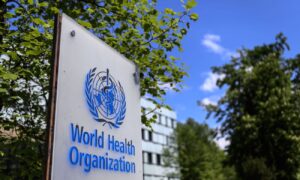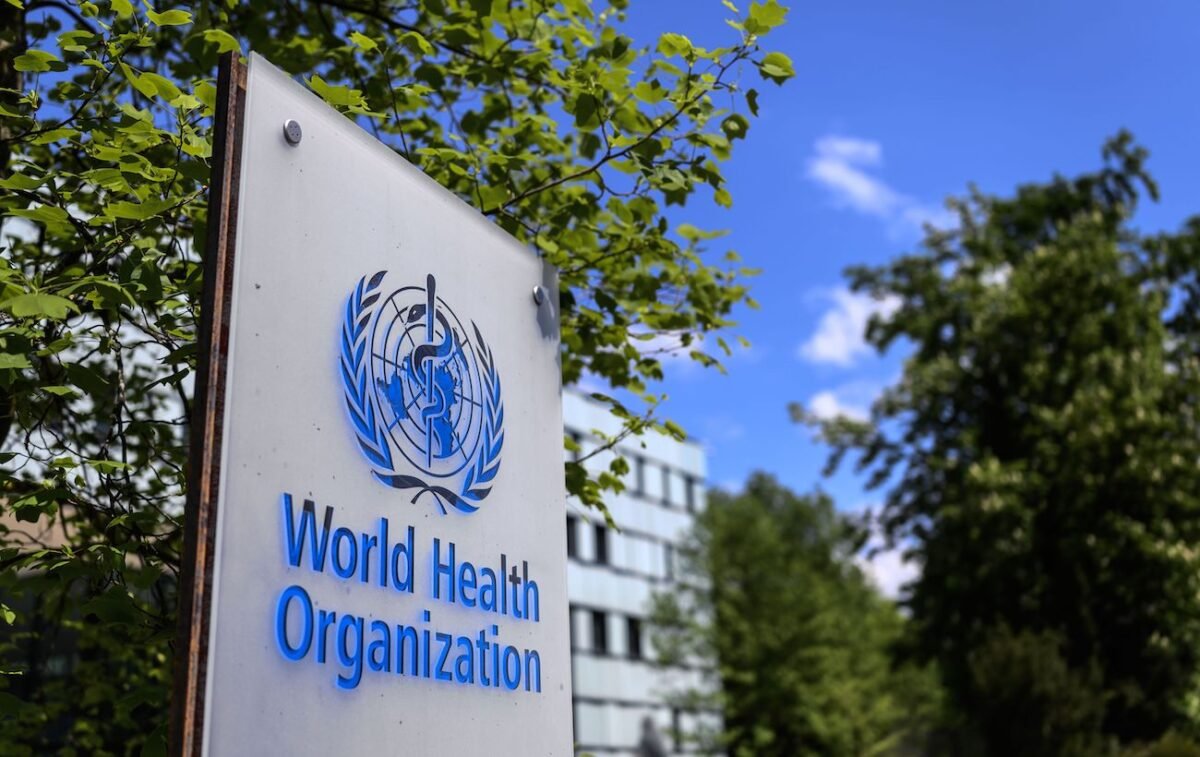WHO Says Artificial Sweetener Aspartame May Cause Cancer, But Intake Guidelines Remain Unchanged

The World Health Organization (WHO) on Thursday classified aspartame as “possibly carcinogenic to humans” while reaffirming its recommended intake of the popular artificial sweetener is safe.
In an analysis published in The Lancet Oncology, the organization’s International Agency for Research on Cancer (IARC), made up of 25 scientists from 12 countries, said “limited evidence” shows there may be a possible link between aspartame and liver cancer.
The IARC relied upon scientific data from various sources, including peer-reviewed papers, government reports, and regulatory studies when making its findings, but could not rule out other confounding variables that could have contributed to the increase in cancer, such as lifestyle habits or exposure to other carcinogens.
A separate committee, the Joint FAO/WHO Expert Committee on Food Additives (JECFA), determines how much a person would need to consume to be at risk. In its review of the evidence, the JECFA found the association between aspartame consumption and cancer in humans unconvincing. It did not change the acceptable daily intake of 40 mg/kg body weight. This suggests most adults can continue to consume nine to 14 cans of diet soda per day under current guidelines.
“We’re not advising companies to withdraw products, nor are we advising consumers to stop consuming altogether,” said Francesco Branca, the WHO’s nutrition and food safety director, during a press conference. “We’re just advising for a bit of moderation.”
In an attempt to help consumers navigate what appears to be conflicting information, Mr. Branca, who was also part of the committee that did the risk assessment on aspartame, said consumers faced with deciding whether to drink soda with sweeteners or soda with sugar have another option.
“There should be a third option considered, which is to drink water instead—and to limit the consumption of sweetened products altogether,” Mr. Branca said. “There are alternatives that do not contain either free sugars or sweeteners—and those should be the products that should be preferred by consumers.”
Aspartame is the world’s most widely used and controversial sweetener, currently found in more than 6,000 products, including diet sodas, cereal, ice cream, drink mixes, chewing gum, and sugar-free foods.
The IARC hazard evaluation considers all types of exposures, including dietary and occupational exposures, and classified aspartame as “Group 2B”—the third highest level out of four. According to the WHO, this classification is used when “there is limited, but not convincing, evidence for cancer in humans or convincing evidence for cancer in experimental animals, but not both.”
Not everyone agrees with the new classification. The U.S. Food and Drug Administration (FDA), in a statement to The Washington Post, said it disagrees with the IARC’s conclusion that aspartame is a possible human carcinogen, citing deficiencies in the data relied upon by the IARC. The FDA said it recognizes the challenge of navigating different information from health organizations but said aspartame has been heavily studied.
The American Beverage Association, a lobbying group that includes The Coca-Cola Company, PepsiCo, and Keurig Dr. Pepper, issued a press release on behalf of interim president and CEO Kevin Keane following the WHO’s findings on the safety of aspartame:
“Aspartame is safe. After a rigorous review, the World Health Organization finds aspartame is safe and ‘no sufficient reason to change the previously established acceptable daily intake.’ This strong conclusion reinforces the position of the FDA and food safety agencies from more than 90 countries.”
Keane says 40 years of science and “this definitive conclusion from the WHO” should give consumers confidence moving forward that consuming food and beverages containing aspartame is safe.
While some scientists and the multibillion-dollar artificial sweetener industry worry the WHO’s new label could confuse consumers, Mary Schubauer-Berigan with the IARC said she hopes the designation will prompt more research on whether aspartame consumption poses a carcinogenic hazard.
The IARC and WHO say they will continue to monitor new evidence on the potential association between aspartame and health effects and take steps to ensure their evaluations are independent and reliable.
The Epoch Times reached out to the WHO, IARC, and FDA for comment.
What topics would you like to read about? Please let us know at health@epochtimes.nyc




